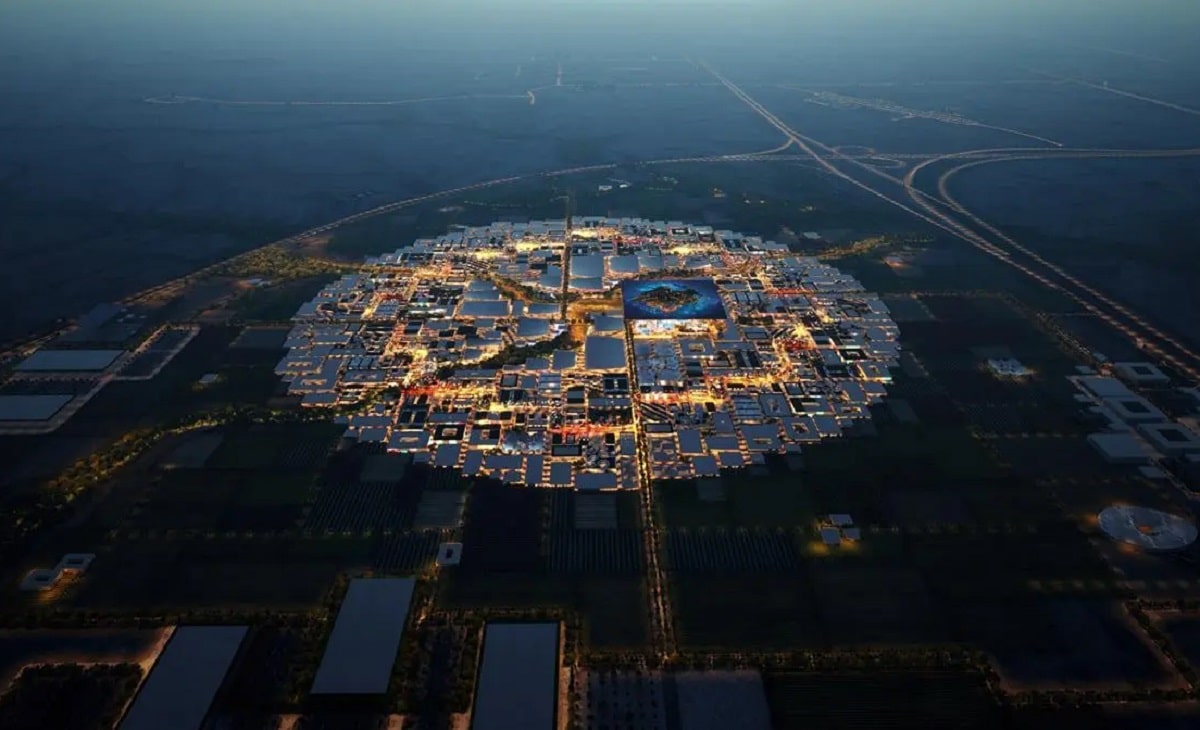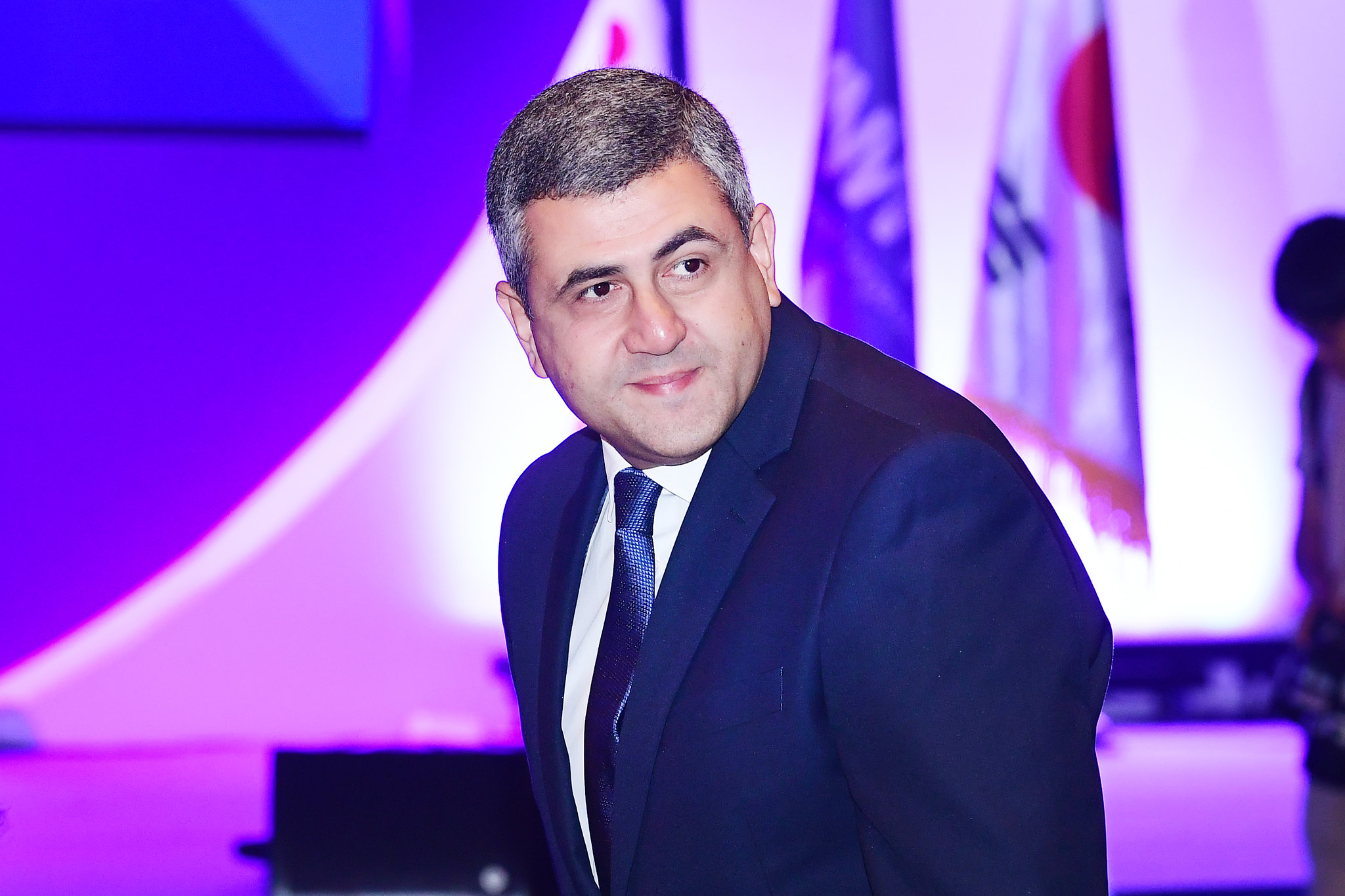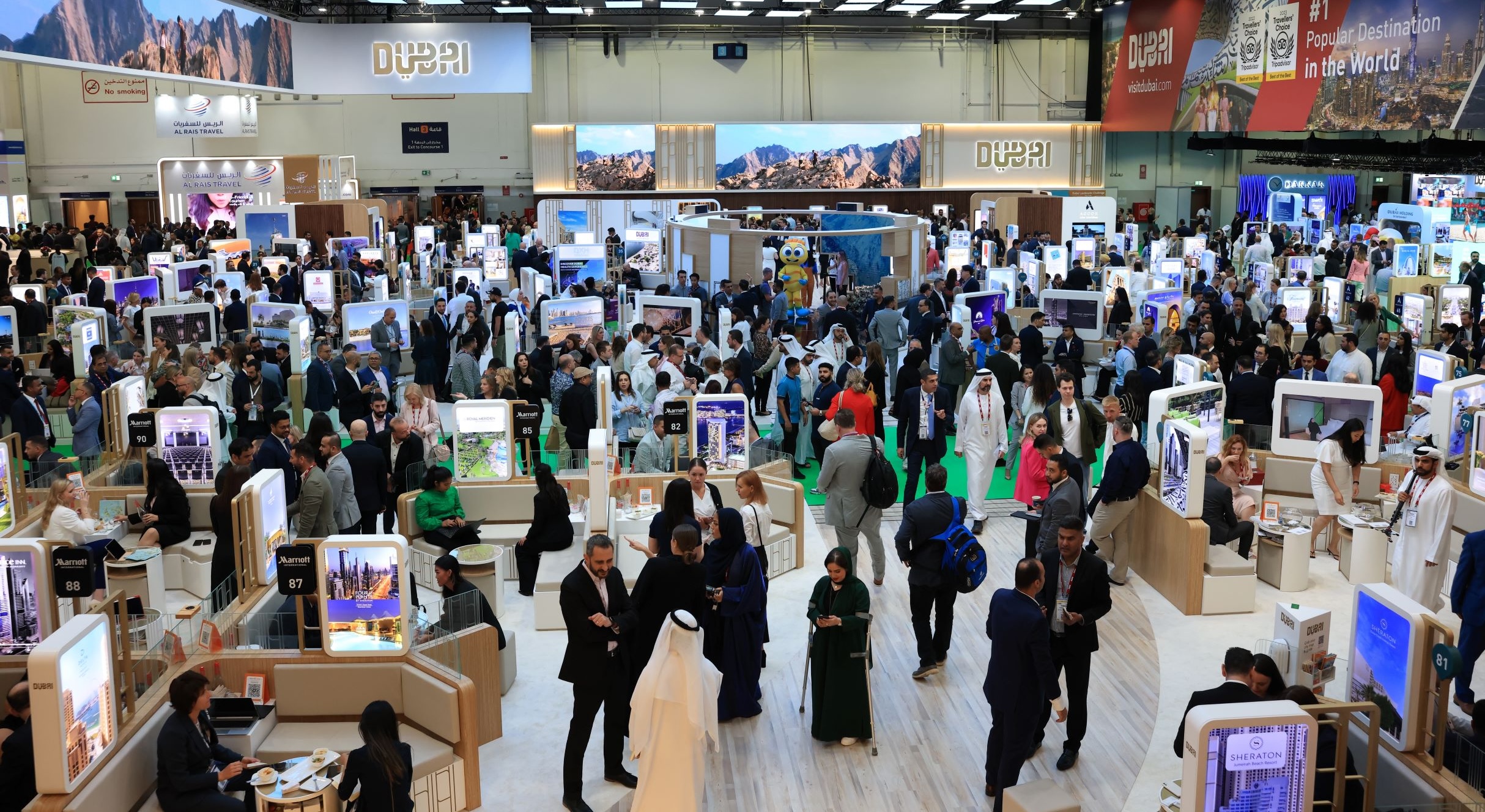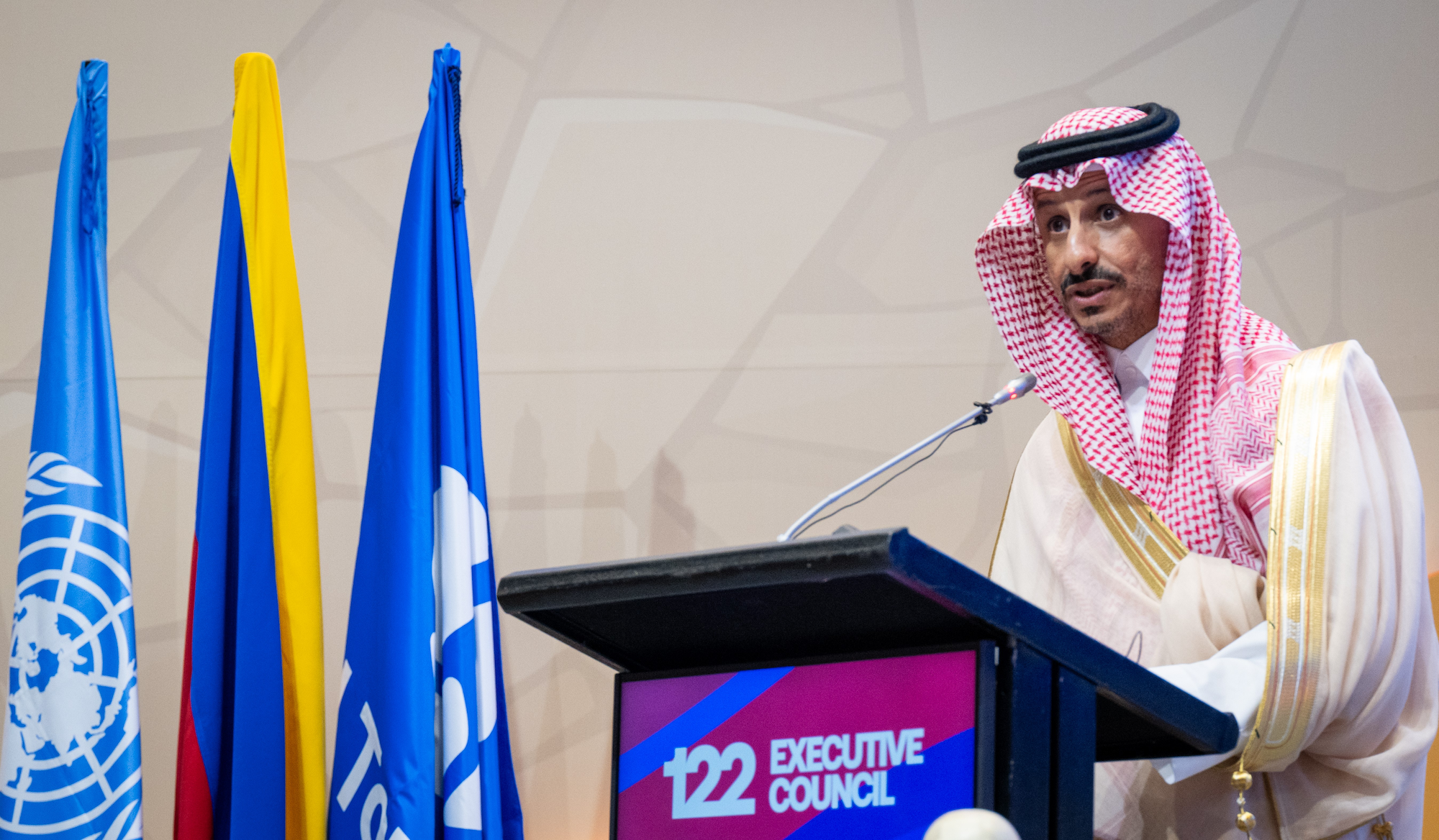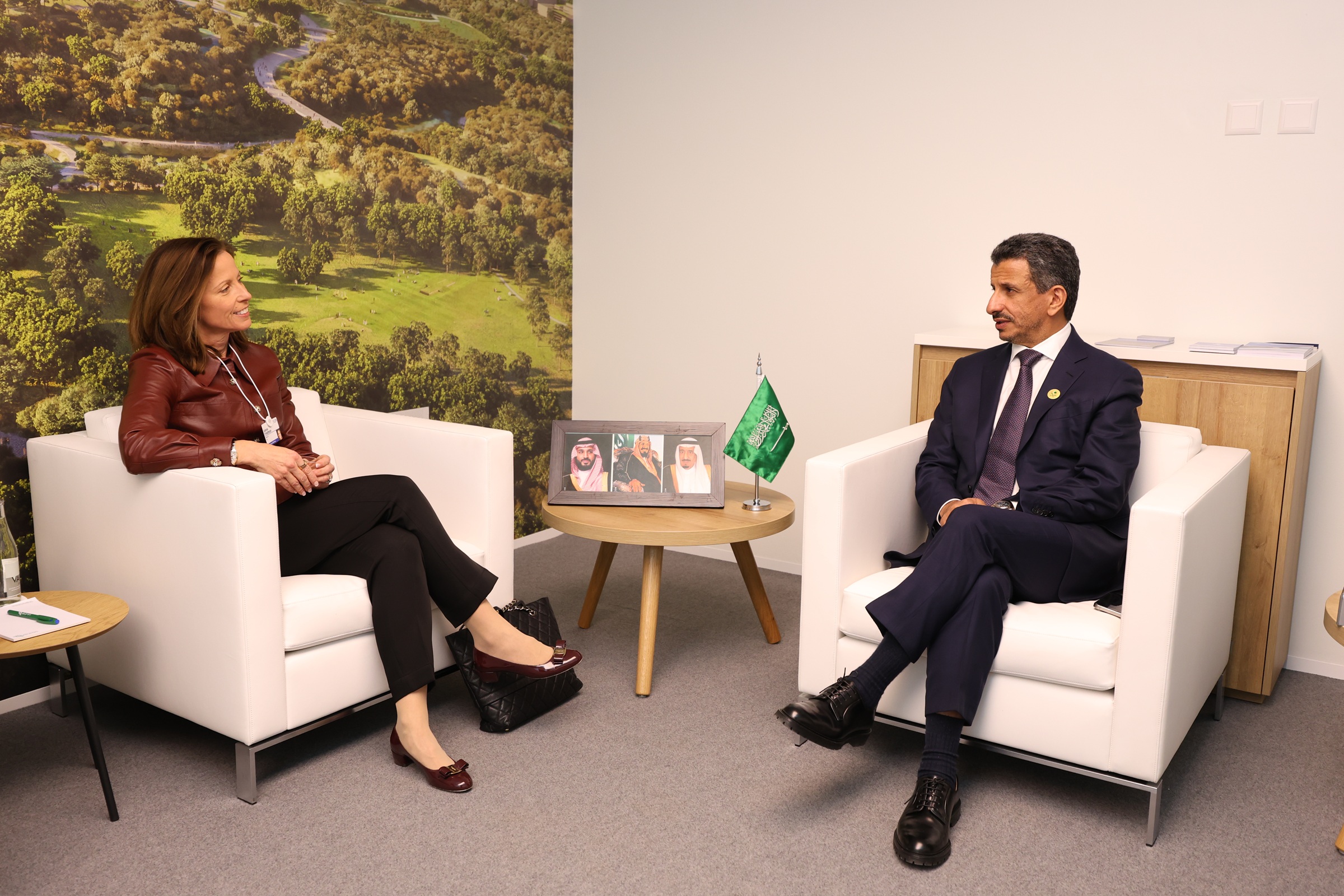Read in french
Saudi Arabia is committed to develop its tourism sector as a key component of its economic diversification. Ongoing efforts are being made to transform the country into a destination of choice for travelers from all over the world, highlighting the Kingdom's cultural richness, natural beauty and unique opportunities. These efforts are recognized throughout the world by professionals in the industry. The evidence? It was in Saudi Arabia, and particularly in Ryadh, that the World Tourism Organization (UNWTO) chose to celebrate World Tourism Day (WTD).

In his opening remarks at WTD, Saudi Arabia's Minister of Tourism, Ahmad al-Khateeb, highlighted the necessity of investment in the sector, while underlining the government's commitment to facilitating international opportunities and supporting the private sector in creating infrastructure for tourists. He stressed:
Connectivity is a crucial element for our growing sector. If countries can collaborate regionally and globally, the opportunities for our sector multiply.
The Minister also insisted that despite advances in automation in other fields, the tourism sector will continue to be a major driver of job creation for many years to come.
Despite all the benefits of technology, the human element will remain absolutely central to our industry in the future,"
he said.

He adds:
It's interesting to note that in 1970, international travel and tourism only accounted for a small fraction, less than 3% of global GDP. Today, after the pandemic, we are witnessing a significant upturn, and are rapidly approaching the 10% mark.
The Minister also highlighted the impressive growth in the number of travelers around the world.
In the early 1970s, just 180 million people traveled overseas. By 2019, that figure had risen to almost 1.5 billion, a remarkable increase of almost 700%.
To support this growth, Saudi Arabia is investing massively in tourism infrastructure, with projects to build luxury resorts, entertainment and cultural centers. The country has also diversified its tourist attractions, offering visitors archaeological sites, picturesque deserts, beaches, national parks, historic monuments and modern cities.
It's not just a question of financial investment. Saudi Arabia has also adopted a more flexible tourist visa policy, allowing travelers to explore what was once a largely inaccessible country. What's more, the country has hosted major international events such as Formula E and the Dakar Rally, drawing worldwide attention to its exceptional hospitality capabilities.
Saudi Arabia: Leading in Sustainable Tourism and International Investment
The country's commitment to sustainable tourism is equally impressive. By protecting natural habitats, supporting biodiversity and implementing environmentally friendly practices, Saudi Arabia strives to promote responsible tourism. In addition, the opening up of the tourism sector has also seen the increased participation of Saudi women as guides, hostesses and entrepreneurs, marking a significant advance in the sector.
This dynamism has earned Saudi Arabia a prominent place on the international tourism investment scene, currently ranked as the second most important country in terms of foreign direct investment projects in the Middle East and Africa, according to a recent joint report with the Financial Times.

Saudi Arabia is transforming into an attractive global destination, seducing travelers with its cultural richness, natural beauty and unique opportunities. The country's rapid evolution offers an inspiring example for the whole world.
Despite the challenges raised by the Covid-19 pandemic, Saudi Arabia's tourism sector, like those of other countries, is recovering rapidly thanks to massive multi-billion-dollar investments. In this context, the Saudi Minister of Tourism announced the opening of the Riyadh School of Tourism and Hospitality, during the celebrations for World Tourism Day 2023. This institution, extended to the global community by Saudi Arabia, will deliver state-of-the-art education in tourism and hospitality, with plans to relocate to a larger campus by 2027.
The project will cost over a billion dollars. The Ministry plans to send 100,000 Saudi talents abroad for training, every year for the next 10 years, with an annual investment of $100 million. Saudi Arabia is committed to creating 1 million jobs in the tourism sector over the next 10 years, and to effectively doubling international arrivals by 2032.


